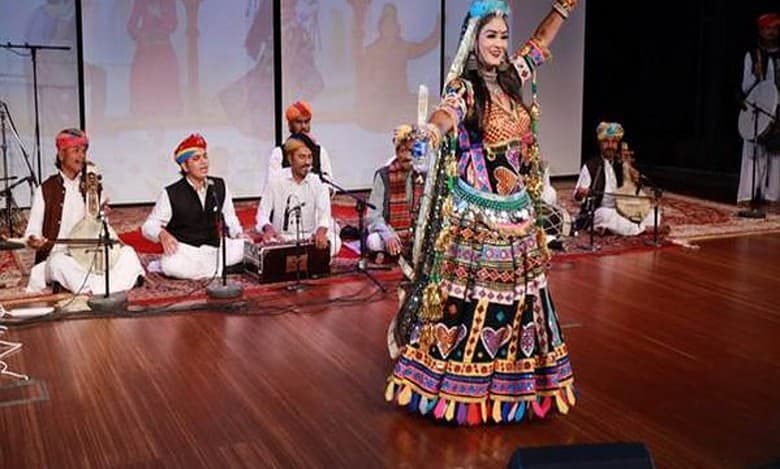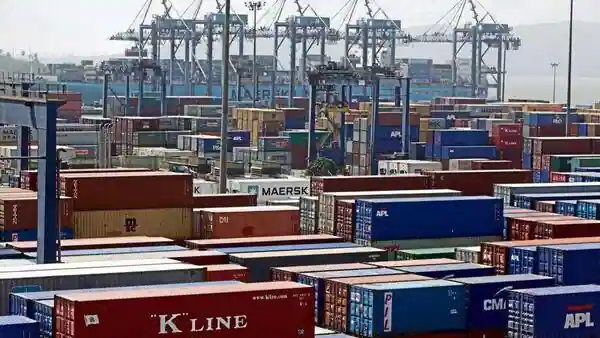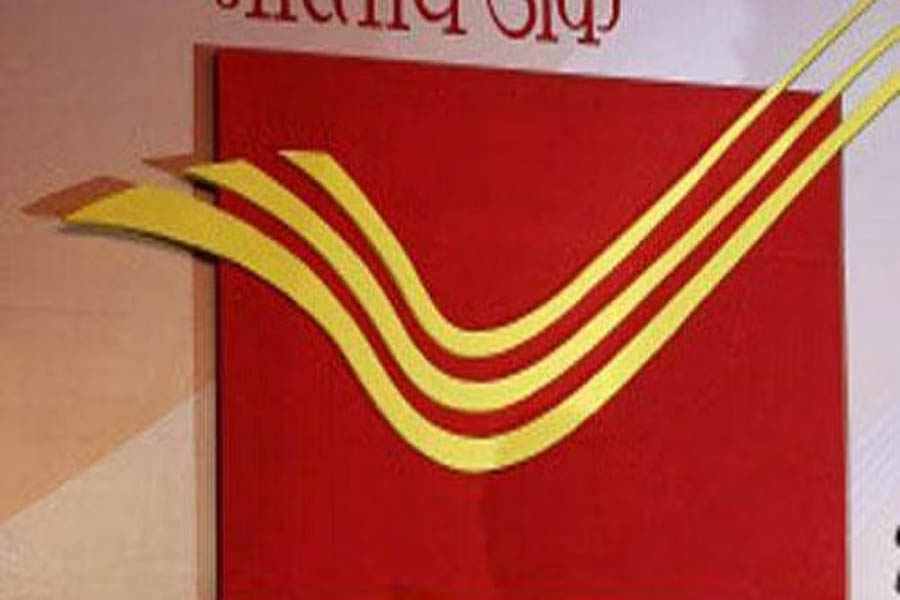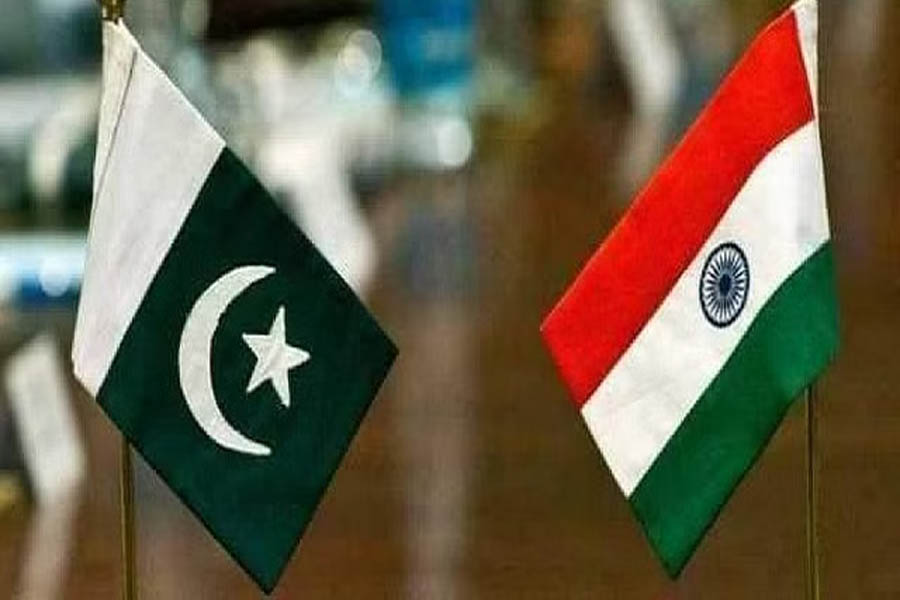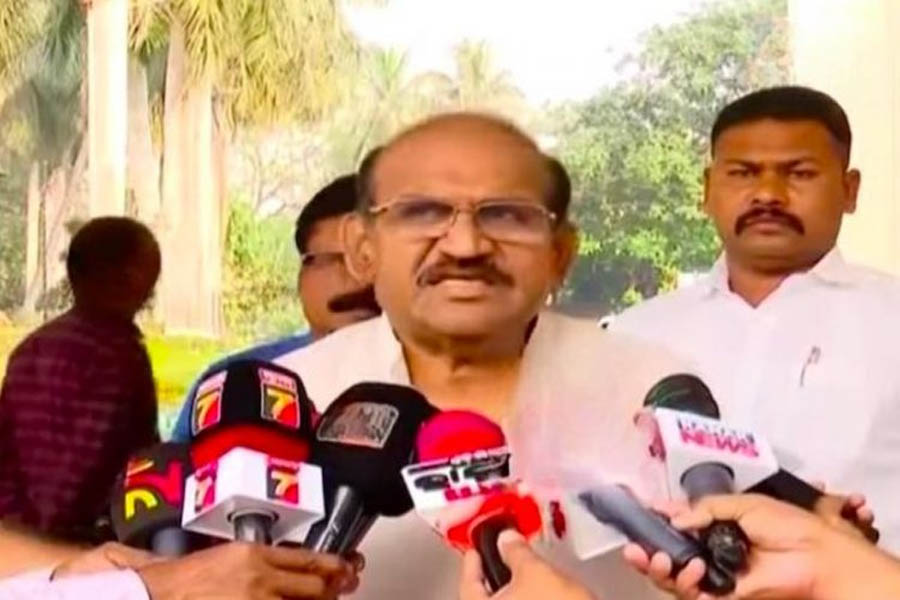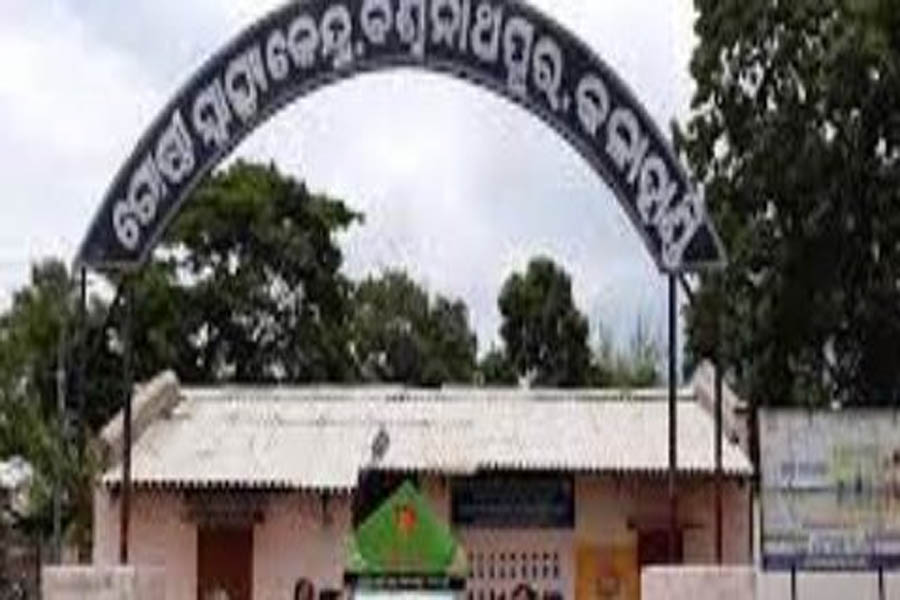By PTI
LUCKNOW: Dak Niryat Kendras (DNK) set up by India Post in major cities across Uttar Pradesh are helping small businesses to export their products to markets abroad, helping them save money, and also obviating the need for middlemen.
As of now, the facility is being provided by the India post in nine cities — Lucknow, Varanasi, Pilibhit, Allahabad, Noida, Saharanpur, Nagina, Mahoba, and Ghazipur.
Meant for commercial exports by MSME (Micro, Small and Medium Enterprises), the service has boosted the earnings of small businesses including the ones operating under the One District, One Product (ODOP) scheme of the Uttar Pradesh government.
The DNK in Prayagraj and Varanasi — both located in economically backward Eastern Uttar Pradesh — have also received favourable response from local businesses.
Ravindra Kumar, a third generation manufacturer of Kaleen carpets based in Prayagraj, was on the verge of quitting his ancestral trade and shut down his shop when his business was hit by the coronavirus outbreak.
“In those days, the only option was to export our goods abroad, especially to the markets in America and Europe. But the cost of export via private exporters was high and the process cumbersome. The DNKs have resolved this problem for us,” he said.
Kumar now books his carpets for commercial export at the local DNK.
The carpets are then taken to the Foreign Post Office (FPO) of India Post in Delhi before being exported.
During all this, Kumar is not required to visit any office and tracks the movement of his carpets online.
India Post officials say that with the active involvement of Union Minister of Railways and Communication Ashwini Vaishnav, the DNK has become an empowering service for small businesses.
Vivek Kumar Daksh, Postmaster General HQ Region, Lucknow said, “The foreign Post offices are linked with the Customs department which simplifies the process of custom clearance of goods. In case there is any issue with the customs, it is raised online for the businessman to track. Earlier, exporters had to visit Foreign Post Offices at limited FPOs to file PBE (Postal Bill of Export) which was difficult for people in remote locations. With digital solutions, exporters can file PBE online which saves time and cost,” he added.
The system has also helped in removing the private exporters and customs agents who used to play the role of middlemen and who took a fat chunk from the profits of small businesses.
Parvez Alam of Pratapgarh, who runs a small business of wooden toys and exports them with DNK, said, “After moving to DNKs from private exporters we save almost 30 per cent of our cost. We plan to use this money to expand our business.”
Considering that most of the clients using DNK are small businesses with limited technological knowhow, the postal department has deployed trained Dak Niryat Sahayaks to guide artisans and MSMEs exporters on the use of DNK portal.
“These Dak Niryat Sahayaks also provide information about the process of GST registration, generation of Import-Export Code, listing products including ODOP/GI tagged on e-commerce portals and booking etc,” said the officer.
